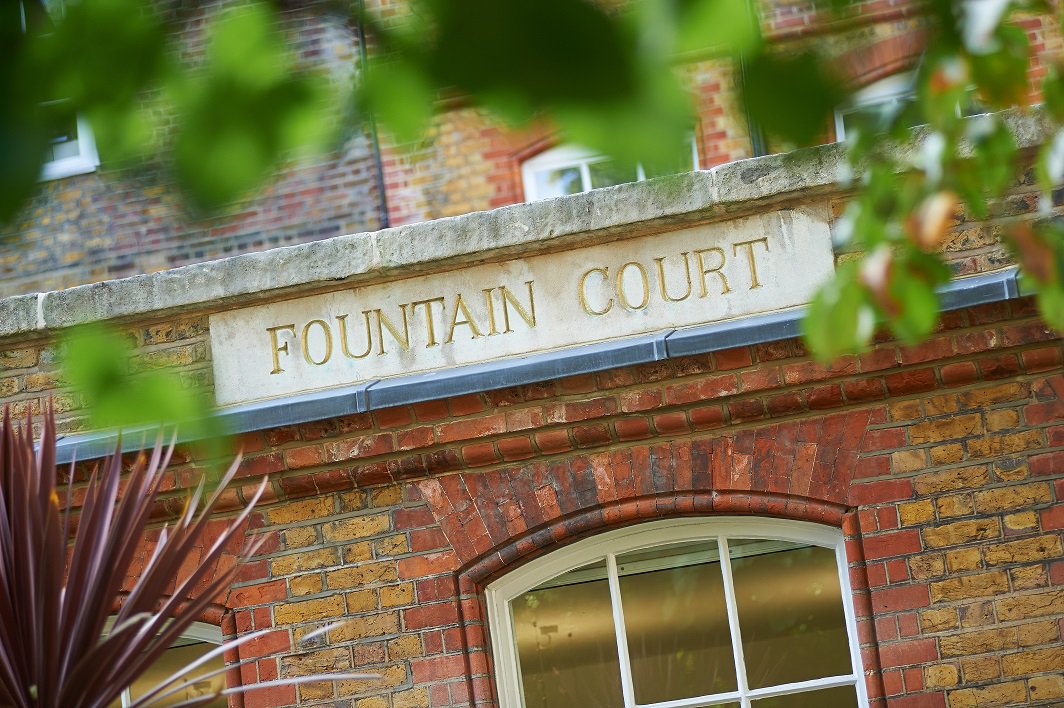
Bankim Thanki QC, Tamara Oppenheimer and Rebecca Loveridge appeared for ENRC (instructed by Hogan Lovells) in the much-anticipated appeal against the judgment of Mrs Justice Andrews in The Serious Fraud Office v Eurasian Natural Resources Corporation. The appeal was heard over three days in early July 2018. In view of the importance of the issues the Law Society was granted permission to intervene. On 5 September 2018 the Court of Appeal (The President of the Queen’s Bench Division, the Chancellor of the High Court and McCombe LJ) handed down the judgment of the Court.
The SFO had brought a civil claim under Part 8 of the CPR challenging ENRC’s claims to legal professional privilege in respect of hundreds of documents created in the context of an anticipated criminal investigation and during the course of ENRC’s long engagement with the SFO with a view to entering into a self-reporting process. Andrews J had rejected (save in one limited respect) all of ENRC’s claims to privilege (both for legal advice and litigation privilege). In a detailed judgment, the Court of Appeal reversed the decision of Andrews J, holding that all of ENRC’s claims to legal professional privilege should be upheld (save in respect of two minor documents), on the basis of litigation privilege.
As well as engaging litigation privilege, the appeal also concerned the controversial issue of whether legal advice privilege could be claimed in relation to interview notes of individuals produced by ENRC’s lawyers (ENRC having asserted both of the two sub-heads of legal professional privilege as alternatives). Given the findings on litigation privilege it was not strictly necessary for the Court of Appeal to deal with this issue. However, it was of the view that the Court of Appeal in Three Rivers No.5 had decided that communications between an employee of a corporation and the corporation’s lawyers could not attract legal advice privilege unless that employee was tasked with seeking and receiving legal advice on behalf of the corporate client. While the Court of Appeal was invited by ENRC to depart from such an interpretation of Three Rivers No.5, it held that the matter would need to be considered by the Supreme Court. However, the Court of Appeal indicated in strong obiter remarks that, had it been free to do so, it would have departed from Three Rivers No.5 and held that any communication from an employee authorised by the corporation to communicate with its lawyers for the purposes of the corporation obtaining legal advice should attract legal advice privilege.
While the decision does not resolve the controversy surrounding Three Rivers No.5, it nevertheless provides highly persuasive guidance as to why, in a corporate context, a restrictive approach as to who may constitute “the client” for the purposes of legal advice privilege is undesirable and unworkable as a matter of policy and principle. Moreover, it brings very welcome clarification on the application of litigation privilege in the regulatory/criminal context.
The full judgment is available here.





